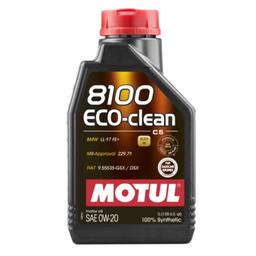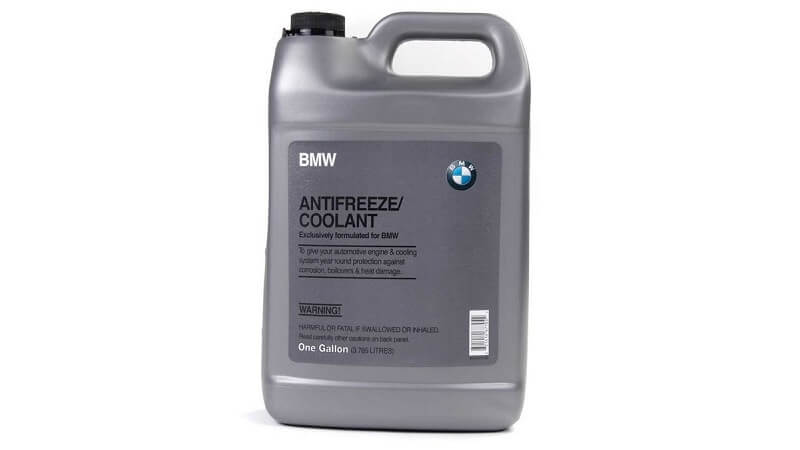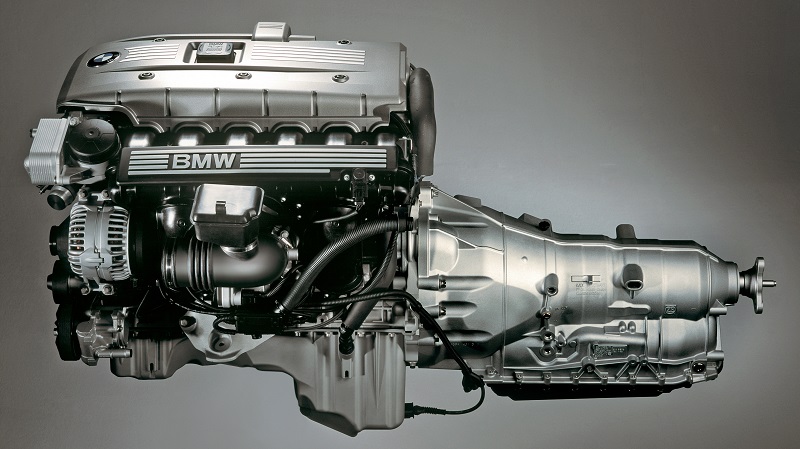Among Sports Utility Vehicles (SUVs), the BMW X5 perfectly blends luxury, performance, and adaptability. BMW engineers have painstakingly designed every iteration of the X5 to provide an unmatched driving experience.
But among its technical marvels is a service item frequently overlooked: the engine oil. In a vehicle as precisely tuned as the BMW X5 SUV, proper engine lubrication is not simply a maintenance duty but a vital component for longevity and performance.
The incorrect type of oil can damage the engine, cause poor fuel economy, and decrease performance. Nevertheless, there’s no need to worry; our thorough guide covers the range of BMW X5 engine oils, spanning the E53 and G05 models.
This article is your go-to resource for anything regarding BWM X5 engine oil type, regardless of whether you’re an experienced BMW enthusiast or hoping to purchase a BMW X5 as your next car. It includes the X5 oil specs, engine oil types, variables to consider when choosing an oil brand, suggested oil type, do-it-yourself oil changes, and maintenance advice.
Now, let’s get going!

Understanding BMW X5 Oil Specifications
At its core, the engine oil serves critical functions in your BMW X5, such as lubricating moving parts to reduce friction and wear, cooling engine components by dissipating heat, preventing corrosion, and cleaning the engine by carrying away dirt and debris, ensuring smooth and efficient operation.
Choosing the correct oil for your X5 is not just a matter of preference; it’s essential for maintaining the vehicle’s performance, efficiency, and longevity. BMW has specific oil standards designed to meet the unique requirements of their engines. Understanding these specifications is crucial for ensuring your BMW X5 runs smoothly.
BMW Engine Oil: Key Aspects
BMW’s engine oil ensures optimal engine performance and protection. To perform at its best, it needs to maintain these crucial aspects: viscosity and BMW’s LL specifications. Here’s a breakdown of these two:
Viscosity — Viscosity represents an oil’s resistance to flow. It is denoted by a combination of numbers and letters like 0W-20 or 5W-30. The figure before the ‘W’ (symbolizing “winter”) indicates the oil’s viscosity at low temperatures, while the number after it signifies viscosity at high temperatures. BMW engines require oils with specific viscosity grades to ensure proper lubrication under various temperature conditions.
- Lower numbers indicate thinner, less viscous oils that flow more easily in cold temperatures.
- Higher numbers signify thicker, more viscous oils that retain their viscosity better at high temperatures.
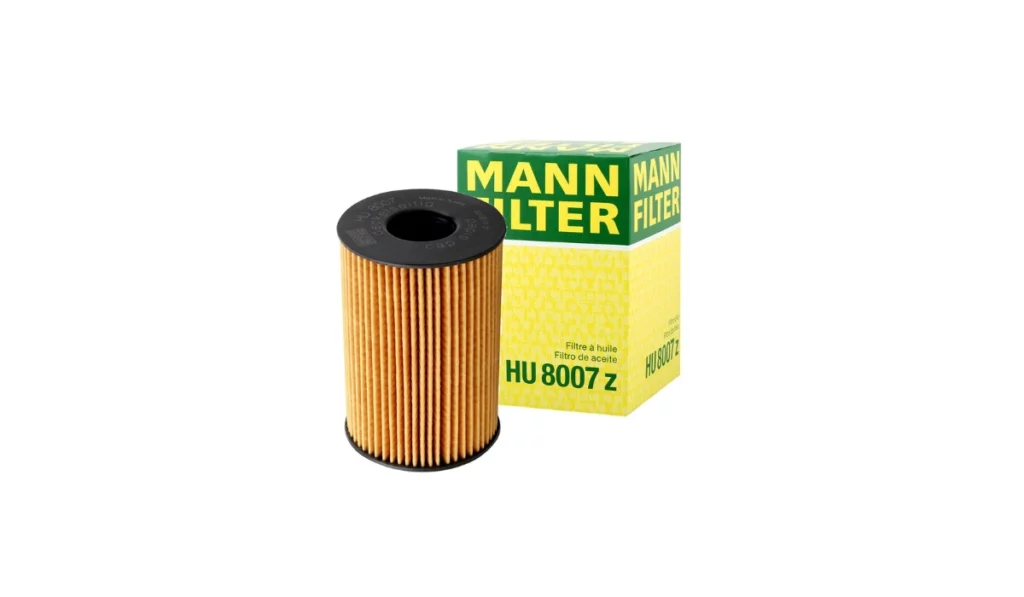
BMW Long-Life (LL) Specifications
BMW has developed a series of “Long-Life” oil specifications to cater to the advanced engineering of their engines. These specifications are updated periodically to incorporate advancements in engine technology and oil formulation. The most common BMW Longlife specifications include:
BMW LL-01 — BMW LL-01 is intended primarily for gasoline engines in BMWs produced from 2002. This specification ensures optimal engine protection and performance, having been rigorously tested for viscosity, thermal stability, and engine cleanliness.
LL-01 oils support extended oil change intervals, maintaining engine longevity and efficiency. Notably, the BMW LL-01 replaced the older LL-98 specification, updating the standards for modern engine requirements.
- Available viscosity grades – 5W40, 5W30, 0W40, 0W30
BMW LL-01 FE — BMW LL-01FE extends the LL-01 specification by targeting improved fuel efficiency while maintaining BMW’s high-performance standards. Its advanced formulations optimize fuel consumption without compromising engine reliability.
This specification aligns with BMW’s commitment to innovation and sustainability, offering economical fuel usage and dependable engine operation.
- Available viscosity grades – 5W30, 0W30
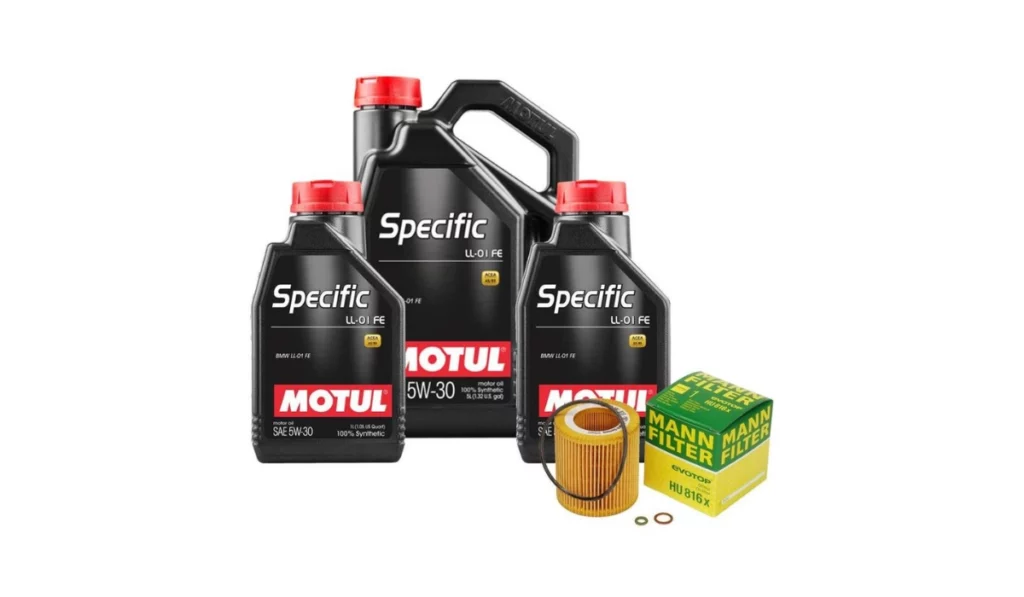
BMW LL-98 — BMW Longlife-98 (LL-98) was designed for older gasoline engines. This specification ensured engine oils met stringent performance and longevity criteria, providing reliable performance and protection for older BMW engines.
However, the LL-98 specification has now been replaced by the more modern LL-01, which covers a broader range of newer engine requirements.
- Available viscosity grades – 5W40, 5W30
BMW LL-04 — BMW LL-04 is specifically made for diesel engines, although it applies to some gasoline engines. LL-04 oils provide exceptional protection for engines with Diesel Particulate Filters (DPFs).
This specification ensures optimal performance and longevity in BMW diesel vehicles and is an alternative to LL-17FE+.
- Available viscosity grades – 5W40, 5W30, 0W40, 0W30
BMW LL-12 FE — BMW LL-12 FE is a fuel economy-focused specification designed for newer BMW models with specific fuel efficiency requirements. The “FE” in LL-12 FE stands for fuel economy, emphasizing improving fuel efficiency.
This specification provides enhanced wear protection while supporting better fuel economy, making it suitable for modern BMW engines.
- Available viscosity grade – 0W-30
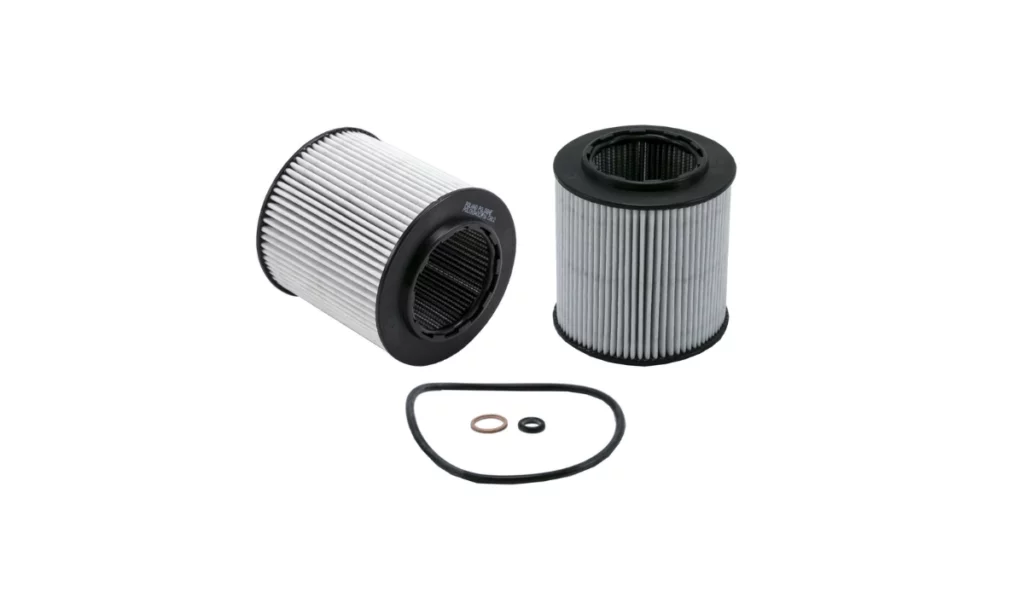
BMW LL-14 FE+ — At its introduction, the BMW LL-14 FE+ further enhanced fuel efficiency and was suitable for the latest BMW engines. It offered excellent protection against wear and deposits, ensuring optimal performance and longevity.
However, the LL-14 FE+ specification has since been replaced by the BMW Longlife-17FE+. It offers even greater fuel economy and engine protection.
- Available viscosity grade – 0W-20
BMW LL-17FE+ — BMW LL-17FE+ represents the latest standard and is the primary recommendation for modern BMW engines. The “FE+” in LL-17FE+ signifies adherence to the latest fuel economy guidelines.
Oils meeting this specification deliver superior engine safeguarding, enhanced fuel efficiency, and compatibility with emission control systems. This specification replaces the older LL-14 FE+ standard. This reflects BMW’s continuous improvement in oil formulation for better fuel economy and engine longevity.
- Available viscosity grade – 0W-20
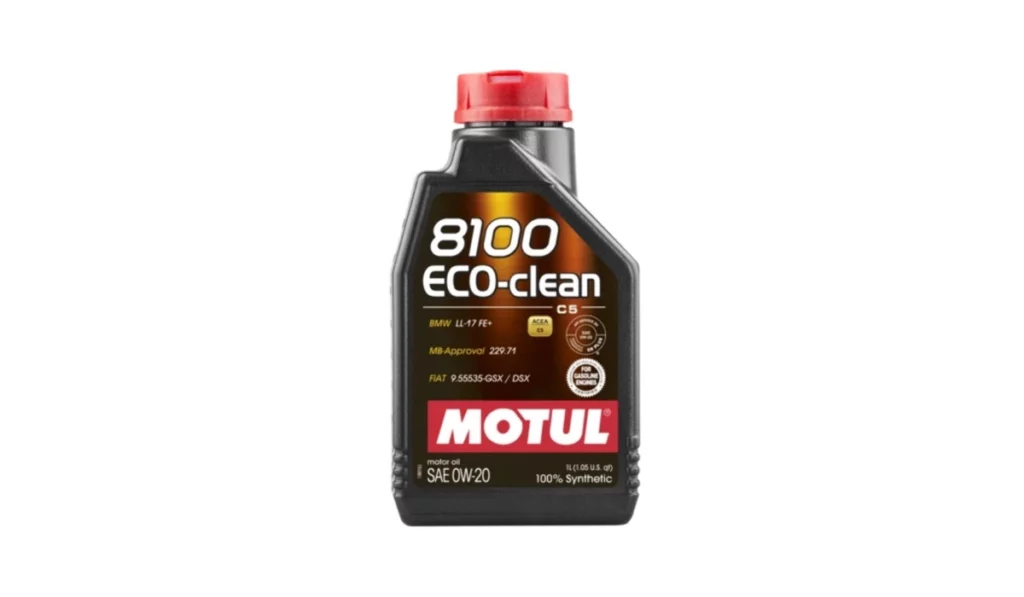
Fully Synthetic Engine Oil for BMW X5
Using the right engine oil is crucial for maintaining the performance and longevity of your BMW X5. All BMW X5 engines are designed to operate exclusively with fully synthetic engine oil, engineered to provide superior performance compared to conventional and semi-synthetic oils.
Full synthetic engine oil offers a range of benefits particularly suited to the high-performance engines in the BMW X5. Let’s see what it has to offer.
Enhanced Lubrication
Fully synthetic oils are formulated with higher-quality base oils and advanced additives that provide superior lubrication. This reduces friction and wear on engine components, ensuring smoother operation and extended engine life.
Improved Engine Protection
These oils offer better protection against extreme temperatures. They maintain their viscosity and stability under high heat conditions, particularly important for the BMW X5’s powerful engines. Additionally, fully synthetic oils provide better cold-start protection, reducing wear during startup.
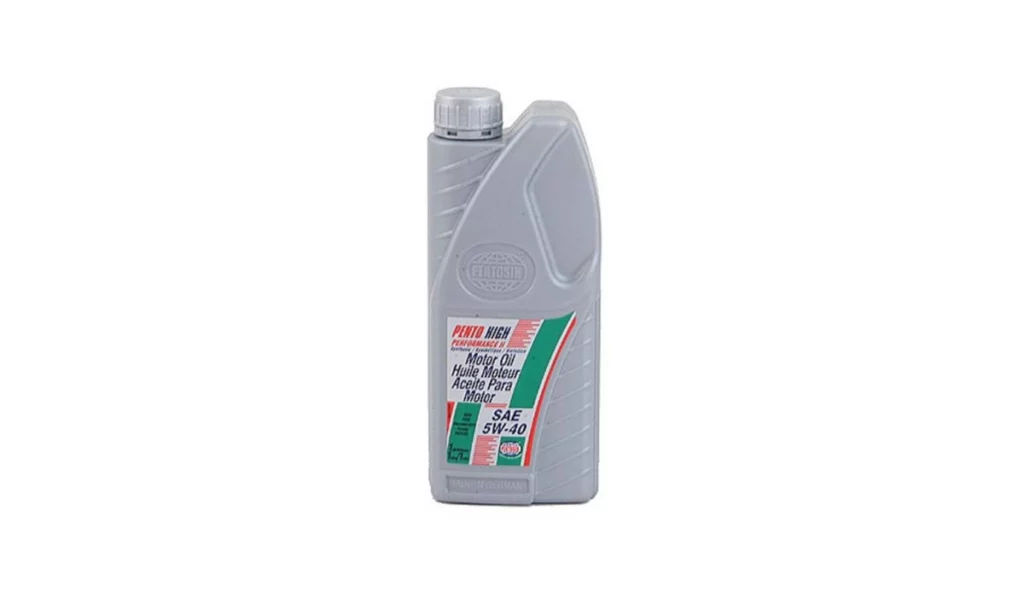
Cleaner Engines
Fully synthetic oils have superior cleaning properties, helping to prevent sludge and deposit buildup in the engine. This keeps the engine running cleaner and more efficiently, essential for maintaining the performance and fuel efficiency of your BMW X5.
Extended Oil Change Intervals
Because fully synthetic oils are more stable and durable than conventional and semi-synthetic oils, they can last longer between oil changes. This means fewer oil changes over the vehicle’s life, saving you time and money while ensuring optimal engine protection.
Enhanced Fuel Efficiency
Fully synthetic oils reduce engine drag and improve overall efficiency. This can lead to better fuel economy, a significant benefit for the BMW X5, especially considering its size and performance capabilities.
Can I use conventional oil in my BMW X5?
While it’s technically possible to use conventional oil in a BMW X5, it’s not recommended. Full synthetic lubricants are formulated to meet the demanding requirements of modern high-performance engines, providing better protection and performance than conventional oils.

Factors to consider when choosing BMW X5 Oil Type
We have learned about fully synthetic engine oils up until now. Next, this section will cover several factors when choosing engine oil for your BMW X5. These are the factors:
Viscosity Grade
The viscosity grade, indicated by numbers and letters such as 5W-30 or 0W-30, reflects the oil’s thickness and flow characteristics at various temperatures. Using the correct grade ensures proper lubrication, reduces wear, and maintains engine efficiency across temperature ranges.
Manufacturer Recommendations
Refer to your owner’s manual for the exact specifications. Depending on the X5 generation, model, and engine, it is recommended to use engine oil that meets specific BMW LongLife specifications. Adhering to these recommendations ensures optimal engine performance and longevity, as BMW has tested and approved these oils for use in your X5.
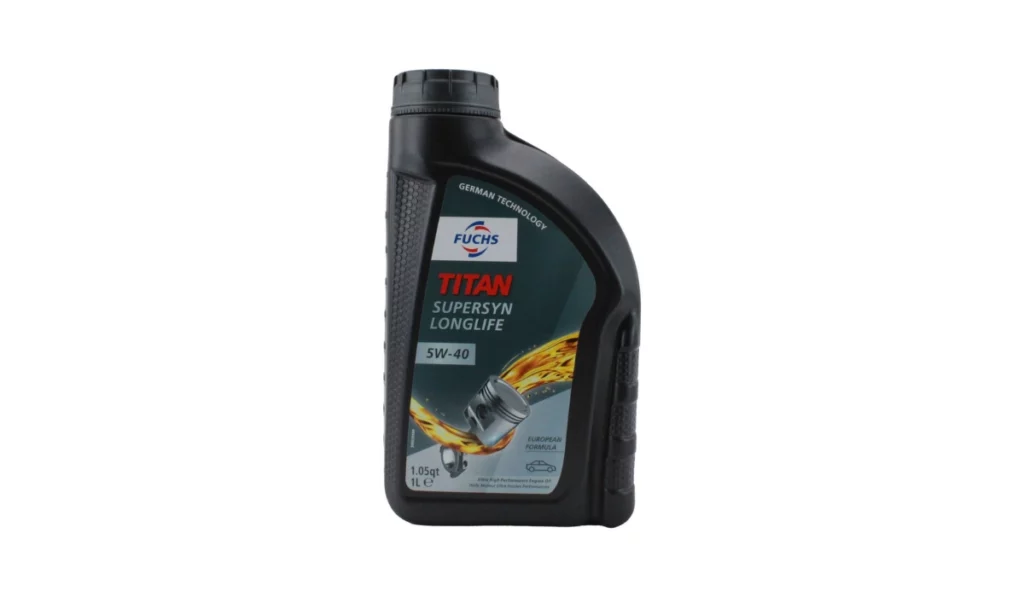
Compatibility
When choosing engine oil for your X5, ensure it is compatible with turbochargers and Diesel particulate filters (DPFs). The DPF requires engine oil with low SAPS (Sulfated Ash, Phosphorus, Sulfur) content to prevent clogging and extend the filter life.
Look for oils labeled as “Low SAPS” or meeting ACEA C3 specifications. Oils with the same viscosity can vary significantly in additives, impacting performance and protection. Always select oil that meets BMW’s requirements to maintain optimal engine function and longevity.
Driving Conditions
The driving conditions influence oil choice. Extreme temperatures, heavy towing, or high-performance driving demand oils that offer better stability and protection under stress, ensuring reliable performance and preventing engine damage.
Oil Additives
Additives enhance oil performance by providing cleaning, anti-wear, and corrosion protection. Ensuring the oil has the right additives helps maintain engine cleanliness, reduce wear, and protect against rust and corrosion, extending engine life.
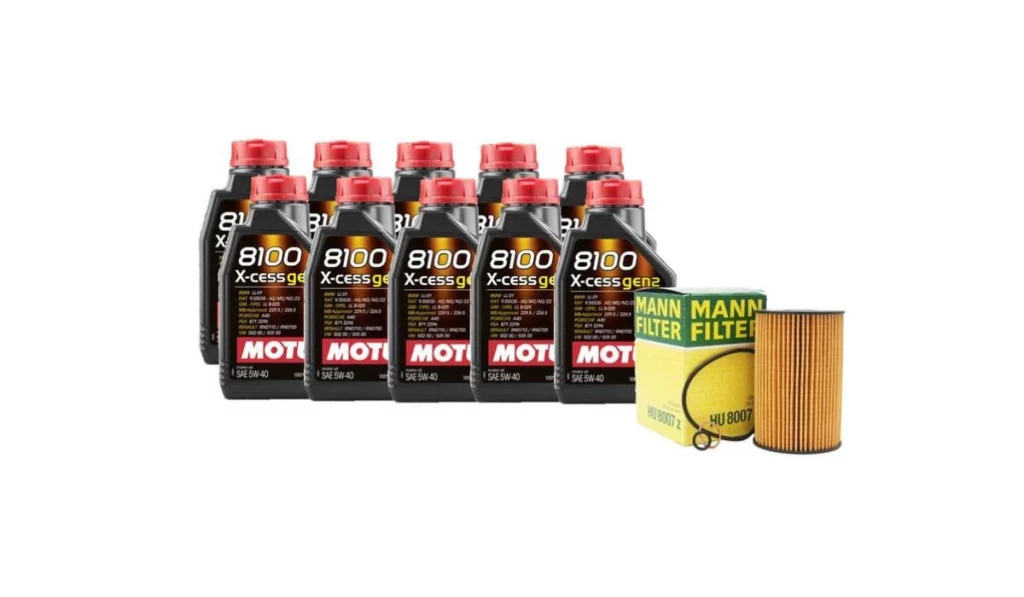
Get Premium BMW parts at Discounted Rates
Unlock the true prowess of your Bavarian beast at Bimmers.com. Our vast inventory boasts an extensive array of genuine BMW and OEM components meticulously curated to uphold the marque’s legendary standards. These precision-engineered parts ensure your ultimate driving machine operates with flawless compatibility and optimum performance.
Conquer the tarmac without breaking the bank. Whether you’re a seasoned automotive enthusiast or a blossoming BMW devotee, Bimmers.com delivers uncompromising quality at unbeatable prices. Rest assured, your prized possession receives nothing but the finest components.
Experience Bimmers.com’s distinction and improve your BMW driving escapades to newfound heights. Immerse yourself in a passionate community that shares your obsession for maintaining your beloved Bimmer in immaculate condition.
BMW X5 Oil Type Recommendations — All Generations
E53: First Generation BMW X5 (1999 – 2006)
The first-generation X5 debuted in 1999 as BMW’s inaugural entry into the mid-size luxury crossover SUV market. Featuring a unibody construction and an opulent interior, it established new standards for premium SUVs and shared many design elements with the Range Rover L332 model and BMW E39 5-Series. The E53 X5 presented a range of potent engines, from inline-6 to V8 gasoline, providing different displacements.
Each engine offered a dynamic driving experience, varying power and torque output. Throughout its lifecycle, the E53 received updates, notably a 2004 facelift that refreshed its styling and enhanced powertrains. This evolution ensured the X5 maintained its position as a luxury and performance SUV in the segment, captivating drivers with its power, refinement, and versatility.
Here’s the E53 X5 oil type requirement:
| Engine Type | BMW LongLife Specifications | Recommended Oil Viscosity | Recommended Brands |
| 3.0L Inline-6 (M54 Engine) | LL-01, LL-98 | 5W40, 5W30 | Genuine BMW Engine Oil |
| Fuchs Titan 5W40 | |||
| Motul X-Cess 5W40 | |||
| Motul X-Cess 5W30 | |||
| 4.4L V8 (M62/N62 Engine) | LL-01, LL-98 | 5W40, 5W30 | Genuine BMW Engine Oil |
| Fuchs Titan 5W40 | |||
| Motul X-Cess 5W40 | |||
| Motul X-Cess 5W30 | |||
| 4.6L V8 (M62 Engine) | LL-01, LL-98 | 5W40, 5W30 | Genuine BMW Engine Oil |
| Fuchs Titan 5W40 | |||
| Motul X-Cess 5W40 | |||
| Motul X-Cess 5W30 | |||
| 4.8L V8 (N62 Engine) | LL-01, LL-98 | 5W40, 5W30 | Genuine BMW Engine Oil |
| Fuchs Titan 5W40 | |||
| Motul X-Cess 5W40 | |||
| Motul X-Cess 5W30 |
E70: Second Generation BMW X5 (2007 – 2012)
Incepted in 2007, the E70 X5 embodied a bold redesign, boasting increased size and interior space. Compared to the previous generation, the E70 BMW X5 was 60mm wider and 165mm longer, with a 110 mm longer wheelbase.
It offered engine options ranging from an N52 3.0L inline-6 for balanced performance to a robust N63 4.4L V8 and N62 4.8L V8, and a torquey M57 3.0L turbodiesel for efficiency. Advanced features like BMW’s xDrive all-wheel-drive system ensured optimal traction. Inside, an optional third-row seat expanded seating capacity, enhancing versatility.
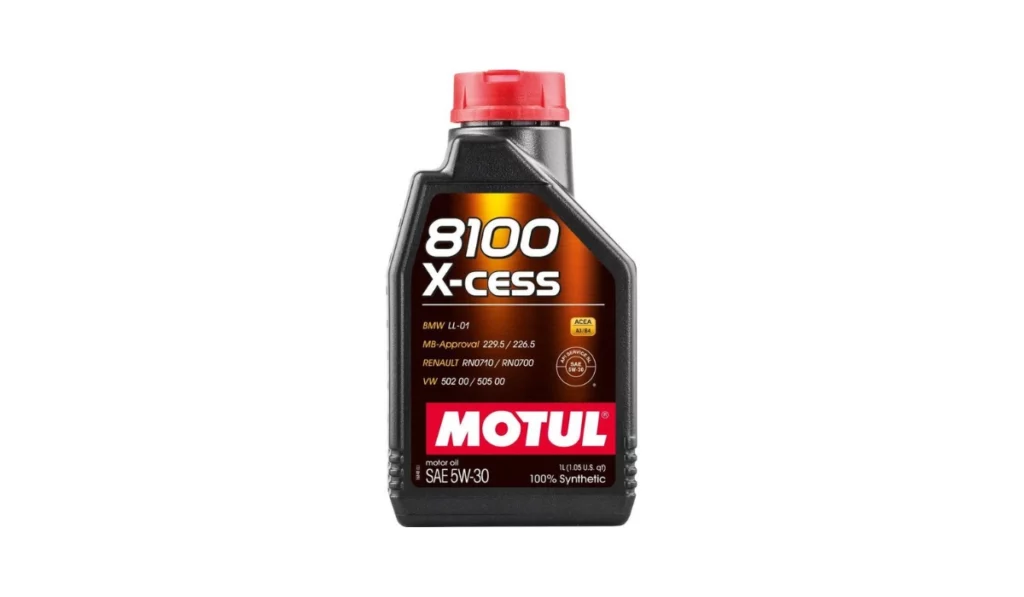
With its blend of performance, comfort, and adaptability, the E70 X5 quickly affirmed itself as a prominent vehicle in the premium family SUV segment. Its muscular design, powerful engine options, and innovative features made it a compelling choice for enthusiasts seeking style and substance in their vehicles.
Here’s the E70 X5 oil type requirements:
What is the difference between 5W30 and 5W40?
The difference between 5W30 and 5W40 motor oils lies in their viscosity at different temperatures. 5W30 is thinner at low temperatures, aiding cold starts and improving fuel efficiency, while 5W40 is thicker at high temperatures, offering better protection in extreme conditions and for high-performance engines.
F15: Third Generation BMW X5 (2013 – 2018)
In 2013, BMW unveiled the third-generation X5, boasting a sleeker, more aerodynamic design. The F15 X5 (F85 for the X5 M variant) featured a lighter, stiffer chassis, enhancing handling and efficiency. BMW offered a range of turbocharged gasoline and diesel engines, offering a new plug-in hybrid variant aiming to boost fuel economy.
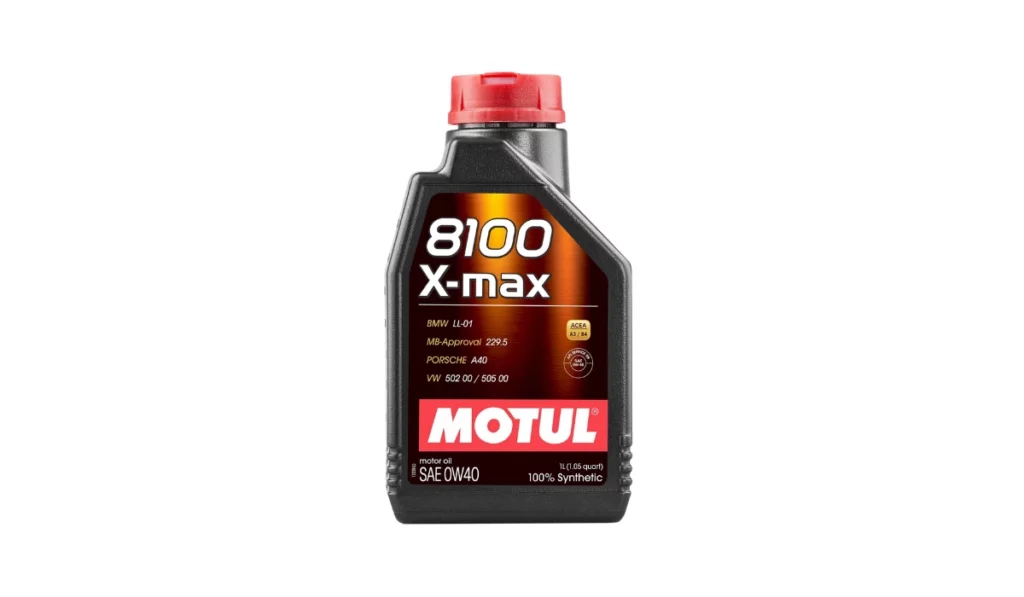
The interior underwent a substantial overhaul, showcasing upgraded materials and cutting-edge technological features. With the addition of semi-autonomous driving capabilities and advanced safety systems, the X5 solidified its status as a premier luxury SUV.
Keeping the wheelbase intact at 2399mm, the new generation X5 was 5mm wider, 26mm longer, and 14mm lower than the E70 X5. To reduce the weight, BMW used ultra-high-tensile steel in its structure, magnesium in the instrument panel, and thermoplastic on the side panels.
Here’s the F15 X5 oil type requirements:
G05: Fourth Generation BMW X5 (2019 – Present)
In 2019, BMW launched the fourth-generation X5, the G05 X5 (F95 for BWM X5 M), introducing a more aggressive and muscular design language. Despite maintaining its luxurious essence, the G05 X5 adopted a notably more athletic and dynamic stance, reflecting its robust performance capabilities.
The interior received upgrades in materials and technology, alongside the integration of various driver assistance systems. Additionally, the X5 gained an off-road package, further enhancing its versatility and capability across terrains.
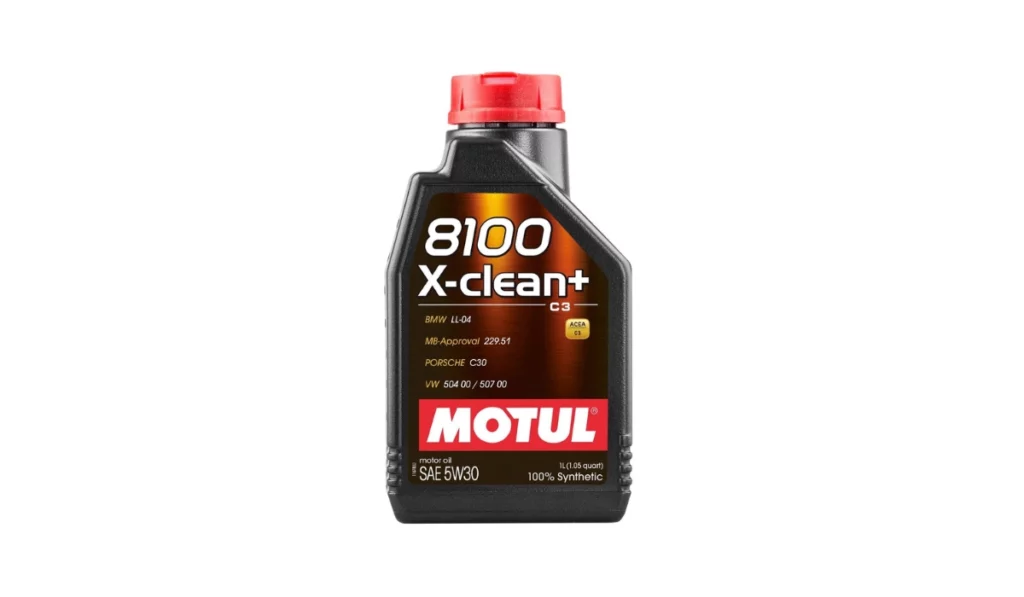
While xDrive all-wheel drive is prevalent across most regions, in the U.S., there’s an option for the sDrive model featuring rear-wheel drive. In March 2023, BMW revealed the X5 LCI (Life Cycle Impulse), the facelift, featuring a revised grille and bumper, new wheel designs, and completely revamped headlights and taillights.
Here’s the G05 X5 oil type requirements:
| Engine Type | BMW LongLife Specifications | Recommended Oil Viscosity | Recommended Brands |
| 3.0L turbocharged inline-6 (B58 Engine) | LL-01 FE, LL-14 FE+, LL-17 FE+ | 0W30, 0W20 | BMW TwinPower Turbo LL-01 FE 0W-30 |
| Motul Specific LL-01 FE 0W30 | |||
| Motul Eco-Clean 0W20 | |||
| 4.4L twin-turbocharged V8 (N63/S63 Engine) | LL-01 FE | 0W30 | BMW TwinPower Turbo LL-01 FE 0W-30 |
| Motul Specific LL-01 FE 0W30 |
Who manufactures BMW oil?
BMW has partnered with several known brands, such as Shell and Castrol, to manufacture its oils. Castrol is the current supplier of BMW genuine engine oils for all BMW brands, including BMW, BMW i, BMW M-division, MINI, and BMW Motorrad.
However, high-quality aftermarket fully synthetic engine oil with a respective BMW LongLife approval is a good choice. Fully synthetic engine oils from Motul, Fuchs, and Pentosin are good alternatives for Genuine BMW engine oils.
BMW X5 Oil Change – DIY
Performing an oil change on a BMW X5 is relatively straightforward if you have the right tools and follow the procedure. Here’s a DIY guide to take you through the process:
Tools and Materials Needed
- Hydraulic jack
- Jack stands
- Ratchet and socket set
- Torx bit socket set
- Spanner set
- Screwdriver set
- Oil filter cap remover
- Torque wrench
- Drain pan
- Shop towels or rags
Safety Measures
- Park your SUV on a level surface
- Engage the parking brake
- Make sure the engine is cooled down
- Work in a well-ventilated area
- Wear your PPE, such as gloves and goggles
Procedure
Lift the Vehicle — Use a hydraulic jack, and jack stands or ramps to lift the front of the vehicle. Make sure it’s secure before you crawl underneath.
Locate the Oil Drain Plug — The oil drain plug is typically located on the bottom of the engine oil pan. You might need to remove the engine’s underneath cover to access it. Refer to your repair manual for its exact location.
Drain the Oil — Place the oil drain pan underneath the oil drain plug. Use a socket wrench or a spanner to loosen the drain plug. Be cautious, as the oil may still be hot. Once loosened, remove the drain plug and let the old oil drain into the pan.
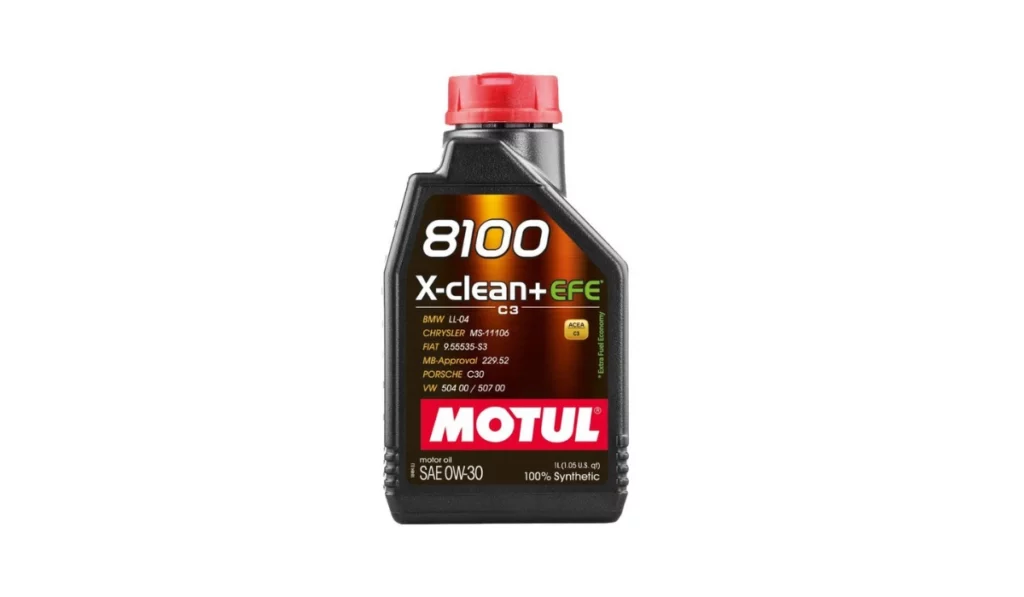
Replace the Oil Filter — Locate the oil filter. Use your repair manual to verify its location. You might need to remove some components or covers to access it. Use an oil filter wrench to loosen the filter and remove it. Before installing the new oil filter, apply a thin layer of oil to the rubber gasket on the new filter. Then screw the new filter into place by hand. Make sure it’s snug but not overly tight.
Add New Oil — Install the drain plug with a new gasket and tighten it securely. Then, using a funnel, pour the correct amount and type of new oil into the engine through the oil filler cap. Refer to your owner’s manual for the specific oil capacity of your BMW X5 model and generation.
Check the Oil Level — Once you’ve added the new oil, start the engine and let it run for a few minutes. Then, turn it off and wait a few more minutes for the oil to settle. Check the oil level and add more if necessary to bring it to the correct level.
Dispose of Old Oil — Once you’ve finished the oil change, properly dispose of the old engine oil and filter at a recycling center or an auto parts store that accepts used oil.
Reset Service Interval — Switch the ignition on and don’t start the engine. If the instrument cluster is not displaying any messages, press and hold the instrument cluster button until the service menu pops up. Press the same button again to cycle through the service item settings and look for engine oil. Press and hold the same button again until the message “Reset?” appears. That’s it. Your service interval reminder is now reset.
Lower the Vehicle — Carefully lower the vehicle back to the ground.
Maintenance Tips
Maintaining the health of your BMW X5 is crucial for ensuring optimal performance, reliability, and longevity. Here are some tips to help you keep the oil system running in top condition:
Use BMW-Approved Oil
BMW recommends synthetic oils that meet its stringent standards. Look for engine oils that meet BMW’s LL (LongLife) specification, which is approved for your X5. These oils are designed to provide optimal lubrication and performance for your engine.
Change Oil Regularly
Follow the recommended oil change service intervals provided in your owner’s manual. BMW recommends changing the oil every 10,000 miles, which can vary depending on driving conditions and habits. However, we recommend changing the oil even earlier than the recommended interval. This helps maintain engine performance and longevity.
Inspect for Leaks
Periodically inspect your BMW X5 for oil leaks. If not addressed promptly, leaks can lead to low oil levels and potential engine damage. Look for oil spots under the vehicle or any visible signs of oil leaking from the engine or gaskets.
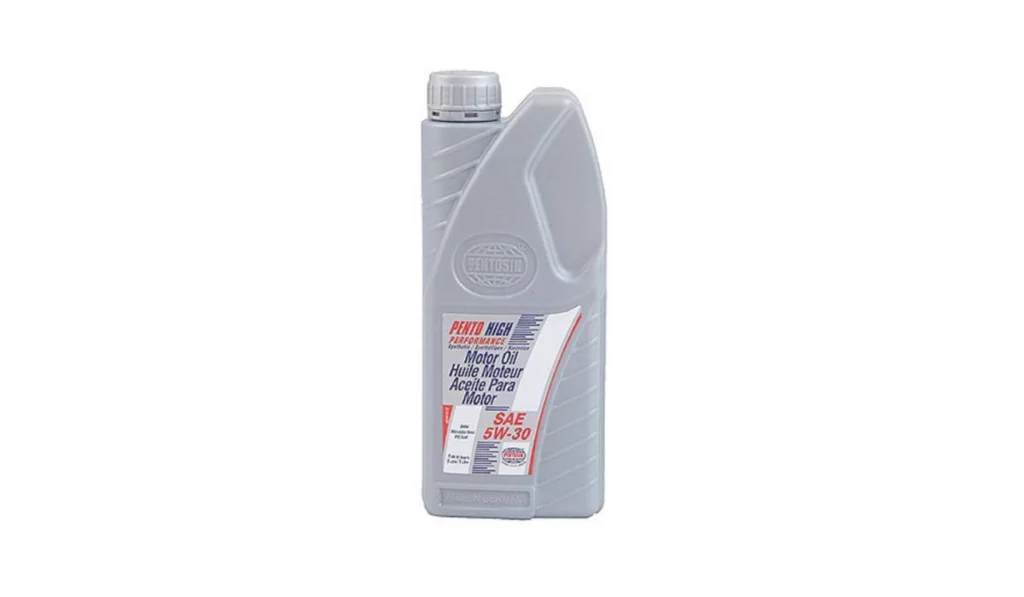
Quality Filters
Always use high-quality oil filters that meet or exceed BMW’s standards when changing the oil. The oil filter helps remove contaminants from the oil, ensuring optimal engine performance and longevity.
Fulfill BMW X5 Oil Type Needs Through Bimmers.com
Keep your BMW X5 in prime condition with Bimmers.com, your trusted source for genuine BMW, OEM, and aftermarket parts tailored to X5 models. Our meticulously curated inventory adheres to BMW’s exacting standards, ensuring optimal performance and longevity for your beloved X5.
More than just oil changes, our commitment to quality encompasses a comprehensive range of repair components — oil filters, water pumps, suspension parts, and specialized lubricants — handpicked to keep your X5 at peak performance.
At Bimmers.com, find the perfect balance of quality and value to treat your X5 to nothing but the best. Exclusive to our platform is an unparalleled collection of BMW maintenance products engineered explicitly for X5 models. Our premium services are designed to elevate your driving experience to new heights. Treat your BMW X5 to the care it deserves.




